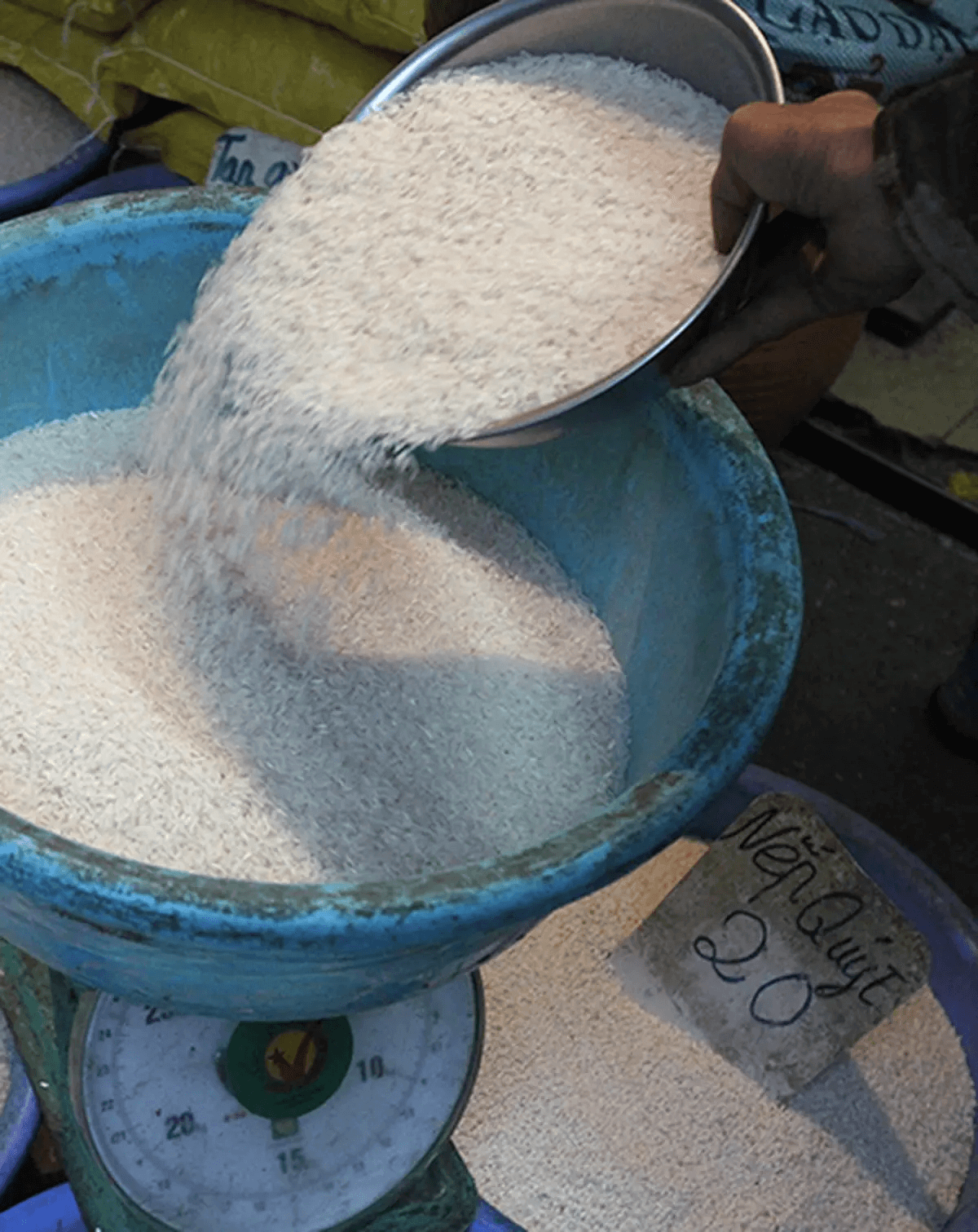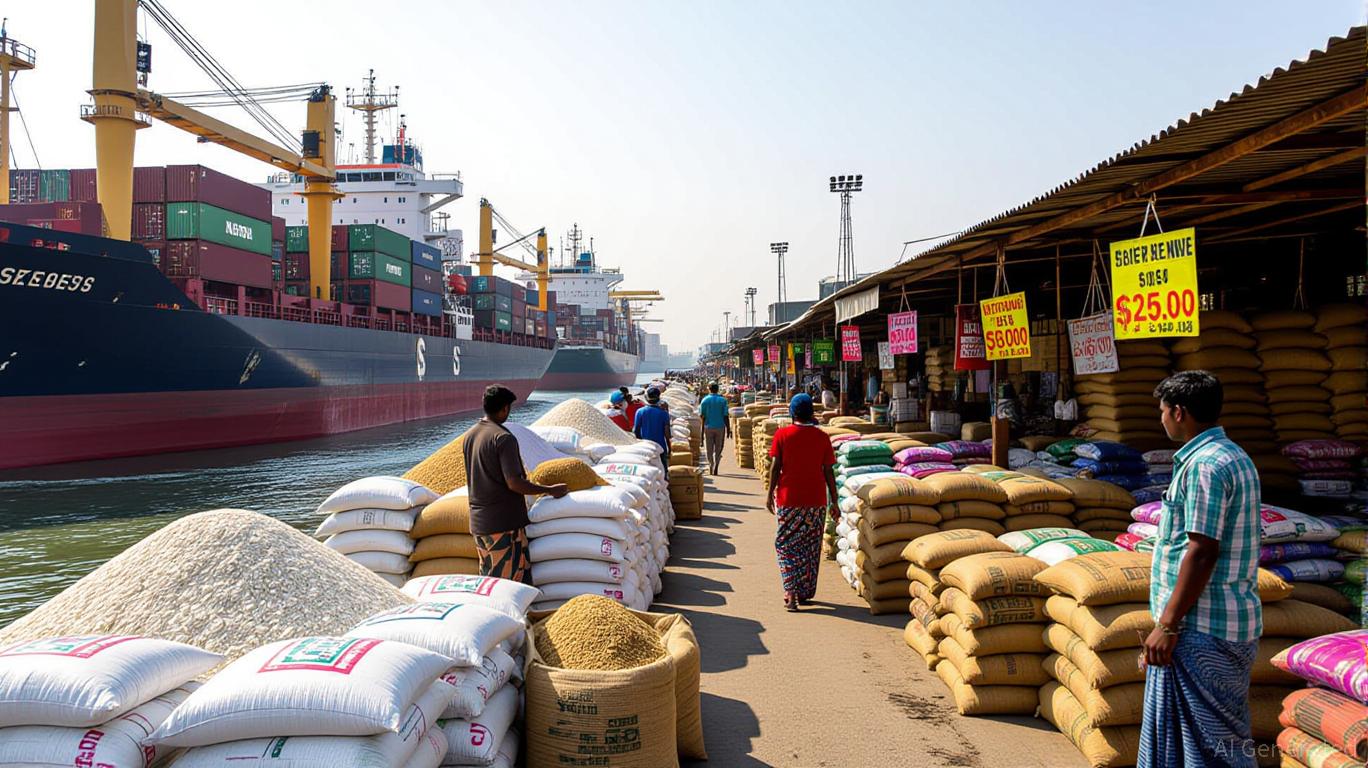Tags
Toxic tale: EU flagged over 400 Indian products
Over 400 products were flagged for various other deadly contaminations in EU countries, ranging from heavy metals like lead, mercury and cadmium to pesticides and fungicides being above permissible levels. Some of these have been banned in the EU over severe health hazards.

Bengaluru: Ethylene oxide, the cancer-causing chemical that was found in ‘export quality’ products from India, may have been in news recently but it is not the only contaminant that came under the scrutiny of the European Union (EU).
Over 400 products were flagged for various other deadly contaminations in EU countries, ranging from heavy metals like lead, mercury and cadmium to pesticides and fungicides being above permissible levels. Some of these have been banned in the EU over severe health hazards.
On April 23, DH reported that EU countries had found ethylene oxide in 527 Indian products. DH analysis of an additional 500 products red-flagged by EU showed that between 2019 and 2024, more than 400 products from India were found to be unsafe. Of these, 276 were issued border rejection notice.
Lead, the toxic heavy metal that causes damage to kidney, brain and nervous system, was found in 14 products, ranging from ayurvedic supplements to turmeric powder.
Fish was among the six products exported from India contaminated with high levels of mercury, which damages nervous, digestive and immune systems as per WHO. As many as 21 products — mostly octopus, squid — had cadmium, which increases risk of chronic kidney disease, cardiovascular disease.
At least 59 products contained pesticides that were deemed carcinogenic. Tricyclazole, a fungicide banned in the EU for its carcinogenic and genotoxic properties, was found in 19 products, of which 12 were rice and the rest, herbs and spices.
About 20 products had 2-chloroethanol, a toxic byproduct of ethylene oxide. Nitrofurans were found in 10 products (crustaceans and meat). Ochratoxin A, a banned mycotoxin, was found in 10 products, including chillies, coffee and rice.
Over 52 products contained more than one pesticide/fungicide, with some testing positive for five active substances. At least 11 contaminated products had “organic” labels on them.
The “organic” moringa powder had bifenthrin, an insecticide banned in the EU since 2009 for its serious impact on human and wildlife health. Salmonella, a bacteria that causes diarrhea, fever and cramps, was found in organic shatavari, ashwagandha and sesame seeds among 100 other products.
Replying to questions over public health concerns raised by the findings, the Food Safety and Standards Authority of India (FSSAI) said steps have been taken to ensure safety of food products in the country while noting that exported food products do not fall under the authority’s purview.
“The FSSAI conducts surveillance and enforcement activities, including sampling and testing of various products throughout the year as per the extant FSS Act, Rules and regulations made thereunder. The number of samples analysed during the past few years have grown substantially, from 1,07,829 in 2020-21 to more than 4,51,000 in 2023-24, registering an increase of more than 3 times,” it said, adding that action will be taken against food business operators found non-compliant.
However, Agricultural and Processed Food Products Export Development Authority of the Commerce and Industries Ministry, which is responsible for the exported products, did not respond to detailed queries
Need serious review
Narasimha Reddy Donthi, a researcher and member of Pesticide Action Network-India, said concerns over contamination have been repeatedly highlighted by experts and civil society members.
“These findings are only the tip of the iceberg, in the sense that the EU has its own limitations,” he said. “Considering the high population and consumption from informal sectors, India urgently needs to review its laws and make FSSAI a robust and independent body that can work for the people.”
Jubin George Joseph, Chief Operating Officer, Ramaiah Advanced Testing Labs, noted the news about heavy metal presence is clear evidence that our water sources are contaminated.
“Essentially, the chickens have come home to roost. For years, researchers have been highlighting contamination of water resources, including lax environmental monitoring to check dumping of industrial effluents. Now, we are getting lead and mercury in our food,” he said.
https://www.deccanherald.com/india/toxic-tale-eu-flagged-over-400-indian-products-3008954Published Date: May 6, 2024






